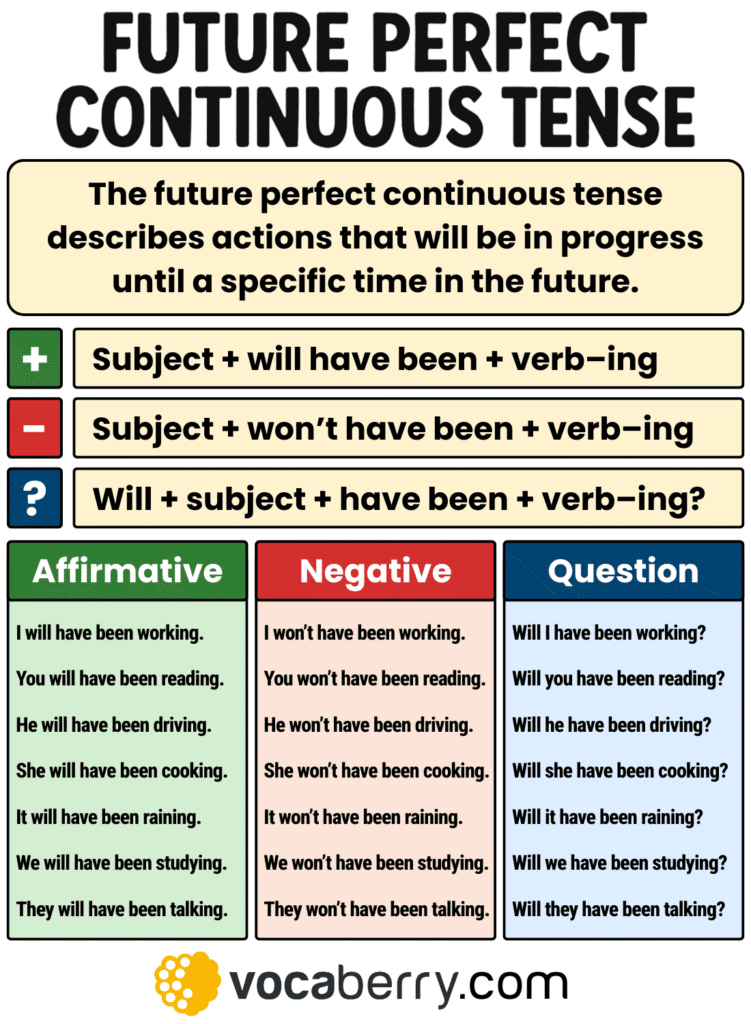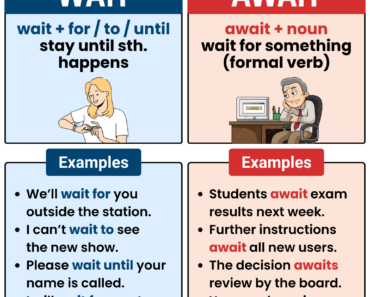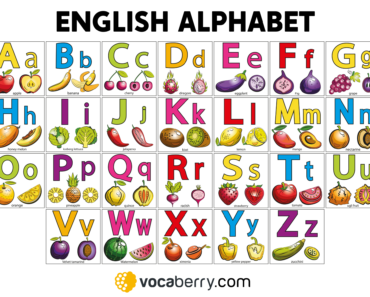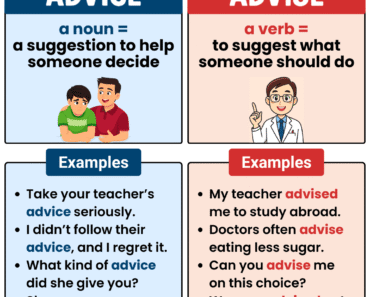
The future perfect continuous tense is used to describe actions or events that will have been ongoing for a period of time before a specific moment in the future. It shows both the duration and continuity of an activity up to a certain point. The structure uses will + have + been + present participle (verb + –ing) to show that the action will continue up to a point in the future.
In this lesson, you’ll learn how to form and use the future perfect continuous tense in affirmative, negative, and question forms, understand its structure, grammar rules, and usage, explore common time expressions, and see clear examples.
When to Use the Future Perfect Continuous Tense
The future perfect continuous tense is used to show that an action will be ongoing over a period of time and will continue right up until a specific point or event in the future. It highlights both the duration and the continuity of the action before that moment. Here are the most common situations where you use this tense:
1. Emphasizing Duration Before a Future Moment
Use this tense to highlight how long something will have been happening by a certain time.
Examples:
- By next month, she will have been working here for five years.
- By the end of the year, they will have been living abroad for a decade.
- When you arrive, I will have been studying for three hours.
2. Explaining Cause of a Future Situation
Use it to explain a future state or condition that results from the action’s duration.
Examples:
- He will be tired because he will have been working all night.
- She will be ready to rest because she will have been traveling all day.
- They will be experts because they will have been practicing for years.
3. Showing Parallel Actions Over Time
Use it to describe something happening continuously alongside another event in the future.
Examples:
- By the time the guests arrive, he will have been preparing the presentation all day.
- By the time you get home, I will have been cooking dinner for an hour.
- When she calls, we will have been waiting here since noon.
Future Perfect Continuous Tense Structure
The future perfect continuous tense is formed by combining will + have + been + present participle (verb + –ing). This structure is the same for all subjects and is used in affirmative, negative, and question sentences, plus short answers. This tense emphasizes that an action will have been in progress for a period of time up to a specific point in the future.
Below, you’ll learn how to form each type with clear examples.
Affirmative Form
Use this form to say an action will have been happening until a future point.
Structure: Subject + will + have been + verb-ing
Examples:
- She will have been working here for ten years.
- I will have been studying all night.
- They will have been traveling for days.
Negative Form
Use this form to show an action will not have been happening before a certain time.
Structure: Subject + will not (won’t) + have been + verb-ing
Examples:
- She won’t have been working here long.
- I won’t have been waiting very long.
- They won’t have been using this equipment.
Question Form
Use this form to ask if an action will have been happening by a future moment.
Structure: Will + subject + have been + verb-ing?
Examples:
- Will you have been studying for three hours?
- Will she have been working here for a decade?
- Will they have been traveling all night?
Short Answers
Use short responses for yes/no questions.
Examples:
- Will you have been working? – Yes, I will. / No, I won’t.
- Will she have been studying? – Yes, she will. / No, she won’t.
- Will they have been traveling? – Yes, they will. / No, they won’t.
Summary Table: Future Perfect Continuous Tense
| Type | Structure | Example |
|---|---|---|
| Affirmative | S + will + have been + verb-ing | She will have been working. |
| Negative | S + won’t + have been + verb-ing | She won’t have been working. |
| Question | Will + S + have been + verb-ing? | Will she have been working? |
| Short Answer | Yes/No + S + will/won’t | Yes, I will. / No, I won’t. |
Time Expressions – Future Perfect Continuous Tense
The future perfect continuous tense is often used with time expressions that show how long an action will have been happening up to a point in the future. These expressions clarify that an activity started before the future moment and will continue until then. Time expressions can refer to a specific time (e.g., by next year), a period of duration (e.g., for six months), or another future event (e.g., by the time you arrive).
Here are common time expressions with examples:
| Time Expression | Example Sentence |
|---|---|
| for | I will have been working for six hours by noon. |
| since | She will have been studying since morning. |
| by the time + clause | By the time you arrive, they will have been waiting. |
| before | He will have been traveling before the conference. |
| all day / all week | We will have been cleaning all day when you get home. |
| until | They will have been working until midnight. |
| by next month | She will have been living here by next month for a year. |
| for over + time | I will have been driving for over two hours by then. |






